PSYCHApplied
Attend in person or live online
Tickets:
£30 + VAT in person per student
£12.50 + VAT online per student
1 free teacher place for every 10 students
Date: 17th March 2025
Location: Emmanuel Centre, London & Online
Time: 9am Registration
10.30-4pm Event
Date: 18th March 2025
Location: St Georges, Bristol
Time: 9am Registration
10.30-4pm Event
Exploring how psychology is applied in the real world.
Come along to our in person event and learn about how psychology is applied in the real world. Ask your questions in person or online during our live Q&A sessions.
If you can’t join us in person, why not join us online instead? Use your personal log in to ask questions and engage with polls and content during this live event.
Event Programme*
10.30 – 10.45 Introduction
10.45 – 11.15 Dr Phil Banyard: Who am I?
11.30 – 11.55 Cara Flanagan: The psychology of successful revision
12.00 – 13.00 Mark Griffiths: Slots of fun: The psychology of behavioural addiction
Lunch
14.00 – 15.00 Dr Lucy Johnstone: Alternatives to psychiatric diagnosis: critiques and new practices
15.00 – 16.00 Prof Richard Wiseman: That’s Impossible!
*Programme subject to change
Meet our speakers & their research
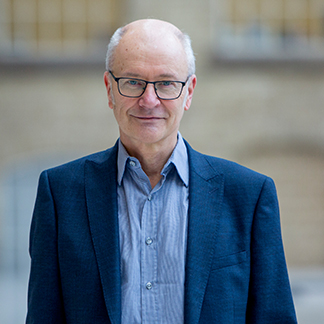
Dr Phil Banyard: Who am I?
It is perhaps the biggest question for all of us. Who am I and how did I come to be like this? Am I just a pile of genes, or am I a biological computer or have I been created by my life experiences? This talk will look at some of the approaches that psychologists take to try and answer this question.
Phil is Professor Emeritus of Psychology at Nottingham Trent University. He has written over 20 books, most recently Controversy and Psychology and Essential Research Methods in Psychology. He was Chief Examiner for Psychology GCSE and A Level for twenty years and has marked more exam scripts than he has brain cells left.
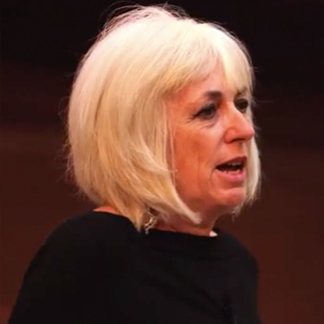
Cara Flanagan: The psychology of successful revision
Revision is a painful process but there is lots of psychological research that can tell you how to reduce the pain and revise more effectively. For example, many students focus on getting information into their heads but research shows that you actually should practice getting it back out again. This short talk will look at some real research gems.
Cara is known for her numerous Psychology textbooks – at last count well over 50 of them for the different exam boards and also specialist texts on research methods. She taught for 20 years (maths, computing and psychology) and was a senior examiner for AQA Psychology A level.
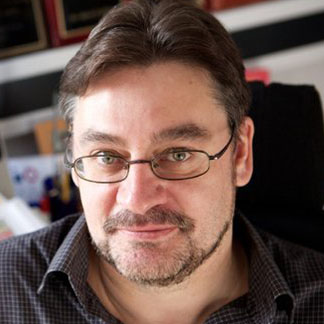
Mark Griffiths: Slots of fun: The psychology of behavioural addiction
For many people the concept of addiction involves taking of drugs. However, there is a growing movement that views a number of behaviours as potentially addictive including gambling, sex, exercise, videogame playing and internet use. In this talk Dr Griffiths will argue that all addictions consist of a number of distinct common components. Addictions are a part of a biopsychosocial process and evidence is growing that excessive behaviours of all types do seem to have many commonalities.
Dr. Mark Griffiths is Distinguished Professor of Behavioural Addiction at the Nottingham Trent University. He has spent over 37 in the field and has published over 1550 peer-reviewed research papers, six books, over 200 book chapters, and over 1500 other articles. He has won 26 national and international awards for his work.
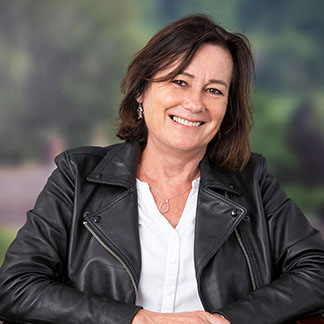
Dr Lucy Johnstone: Alternatives to psychiatric diagnosis: critiques and new practices
Lucy will describe the dramatic changes on the horizon in the field of mental health, as diagnostic categories are increasingly admitted to be unscientific and often damaging. Many professionals and service users agree with high profile reports from the United Nations and the World Health Organisation which are calling for a radical shift away from the medical model. Instead, we are urged to acknowledge the central role of social determinants such as abuse, discrimination, poverty and inequality in leading to distress of all kinds. This is sometimes summarised in the slogan ‘Instead of asking what’s wrong with me, ask what’s happened to me.’ Lucy will outline these challenging but important issues and their implications.
Dr Lucy Johnstone is a consultant clinical psychologist, author of ‘Users and abusers of psychiatry’ (3rd edition Routledge 2021) and ‘A Straight-Talking guide to psychiatric diagnosis’ (PCCS Books, 2nd edition 2022); co-editor of ‘Formulation in psychology and psychotherapy: making sense of people’s problems’ (Routledge, 2nd edition 2013); and co-author of ‘A straight talking introduction to the Power Threat Meaning Framework’, 2020, PCCS Books) along with a number of other chapters and articles taking a critical perspective on mental health theory and practice. She is the former Programme Director of the Bristol Clinical Psychology Doctorate in the UK and has worked in Adult Mental Health settings for many years, most recently in a service in South Wales.
Lucy was lead author, along with Professor Mary Boyle, for the ‘Power Threat Meaning Framework’ (2018), a British Psychological Society publication co-produced with service users, which outlines a conceptual alternative to psychiatric diagnosis and has attracted national and international attention. Lucy is an experienced conference speaker and lecturer, and currently works as an independent trainer. She lives in Bristol, UK.
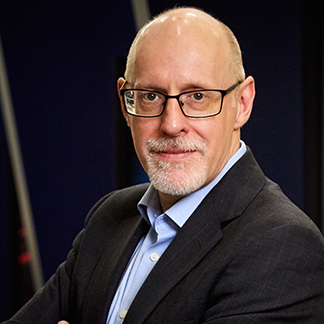
Professor Richard Wiseman: That’s Impossible!
Join Prof Wiseman as he explores the seemingly impossible. Experience some of the world’s greatest optical illusions, discover the psychology that magicians use to make objects vanish into thin air, uncover the truth about paranormal phenomena and find out how you can achieve more than you might imagine. A fun and informative journey into a world where nothing is quite as it seems.
Professor Richard Wiseman has published over 100 academic papers examining the psychology of magic, illusion, luck and self-development. He has written several popular psychology books (including The Luck Factor and 59 Seconds) that have been published around the world and created psychology-based YouTube videos that have attracted over 800 million views.
A Member of the Inner Magic Circle, Richard has been described as one of the world’s most creative psychologists and in 2023 he was given the Royal Society’s prestigious David Attenborough Award for his research and public engagement activities.
Purchase your tickets now or reserve your place
Book or reserve your tickets to this conference by completing the form on the right of this page, or email hello@educonferences.co.uk
If your school requires a separate invoice or purchase order, please email hello@educonferences.co.uk
A free teacher place is given for every ten student places booked.
We know that organising this trip will take a lot of coordination, we’re here to make your booking as seamless as possible. If you have any questions, please do not hesitate to contact our dedicated support team, hello@educonferences.co.uk and one of our friendly support members will be happy to help.




